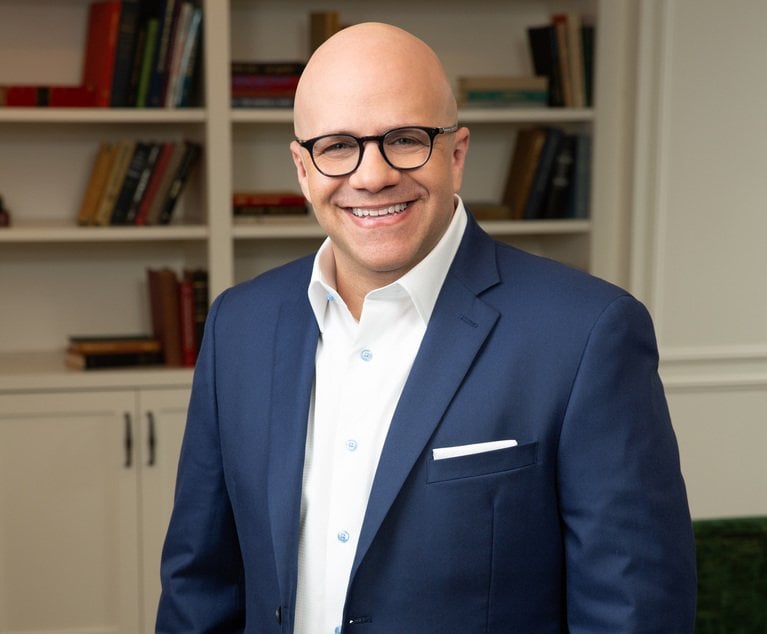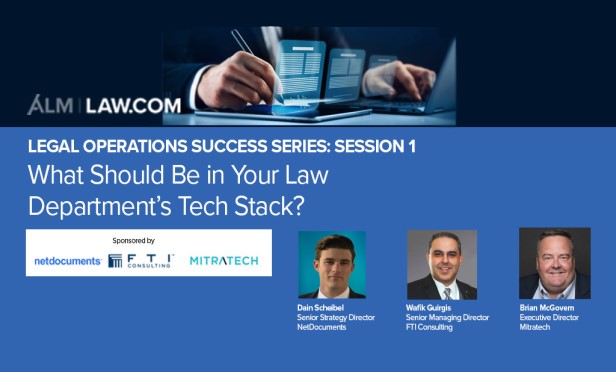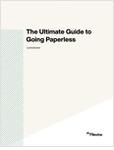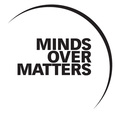 I was certain that “disheartened” is a word. No question there. But what about its converse: “heartened”? Perhaps I should be embarrassed to admit this, but I wasn’t 100 percent sure. Eventually, I decided to look it up. (Spoiler alert: it’s a real word.) Why was the word “heartened” so important to me though? That’s simple: because I have been using it so frequently, in the past few months, when discussing the future of mental health issues in the legal profession.
I was certain that “disheartened” is a word. No question there. But what about its converse: “heartened”? Perhaps I should be embarrassed to admit this, but I wasn’t 100 percent sure. Eventually, I decided to look it up. (Spoiler alert: it’s a real word.) Why was the word “heartened” so important to me though? That’s simple: because I have been using it so frequently, in the past few months, when discussing the future of mental health issues in the legal profession.
Let’s rewind for a moment to February 12, 2019. Around 2:30 pm that day, The American Lawyer published an article chronicling my journey with mental health disabilities (more particularly, severe depression, obsessive-compulsive disorder, and anxiety.) I ruminated on the panoply of possible responses. Would I be labeled “that crazy Reed Smith lawyer” or perhaps “the attorney who spewed almost 2,000 words on his ‘mental breakdown’”? How would clients and colleagues perceive me? Would anyone even read the article?


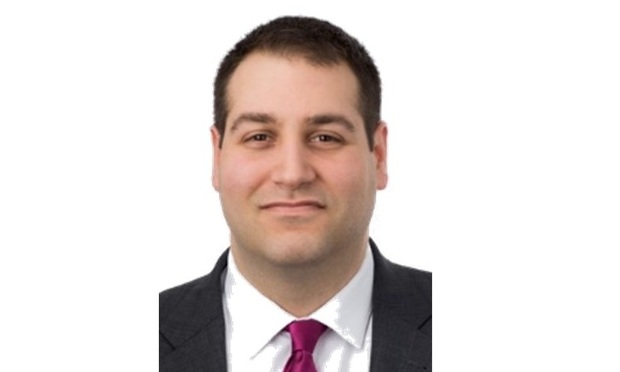 Mark S. Goldstein of Reed Smith
Mark S. Goldstein of Reed Smith

